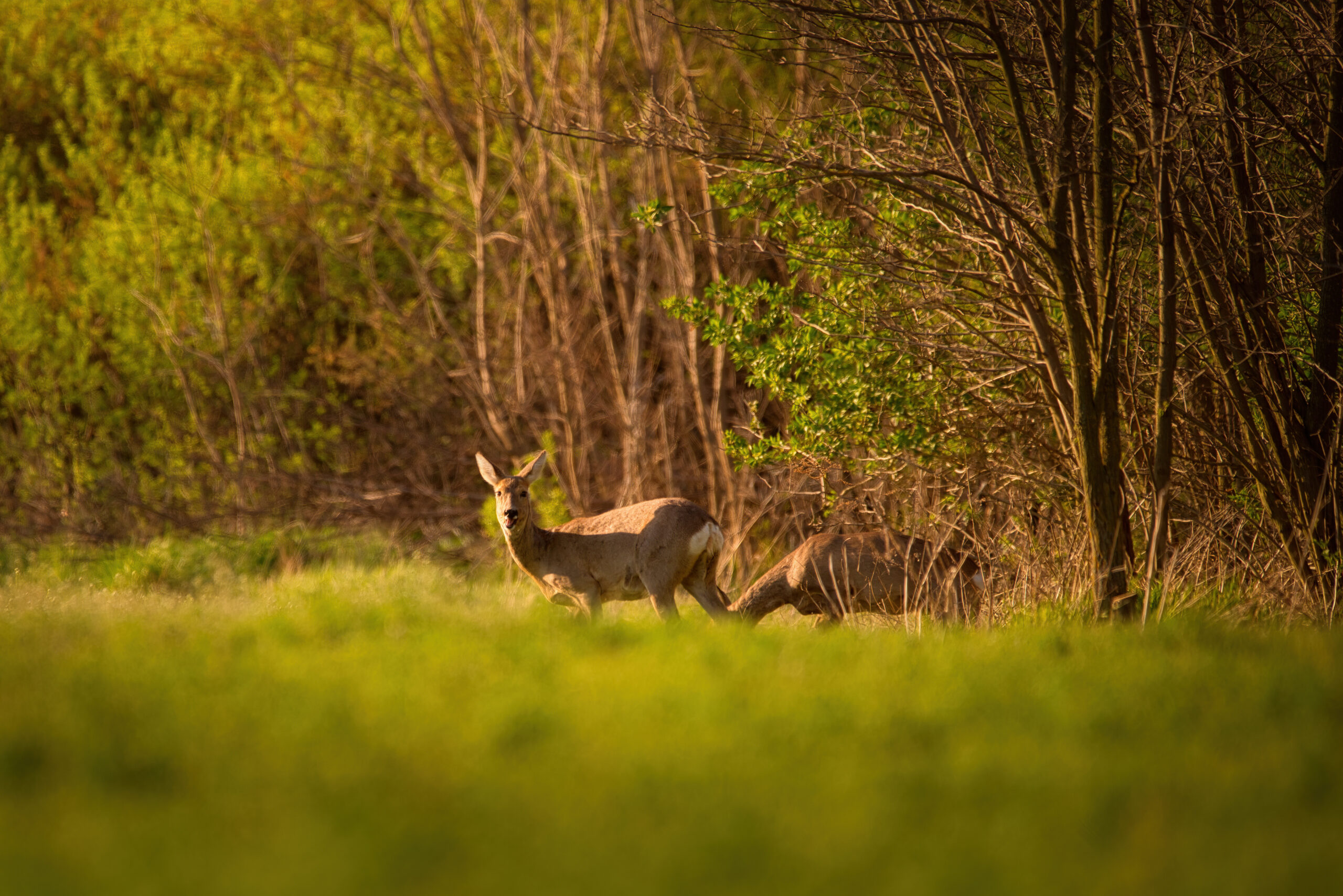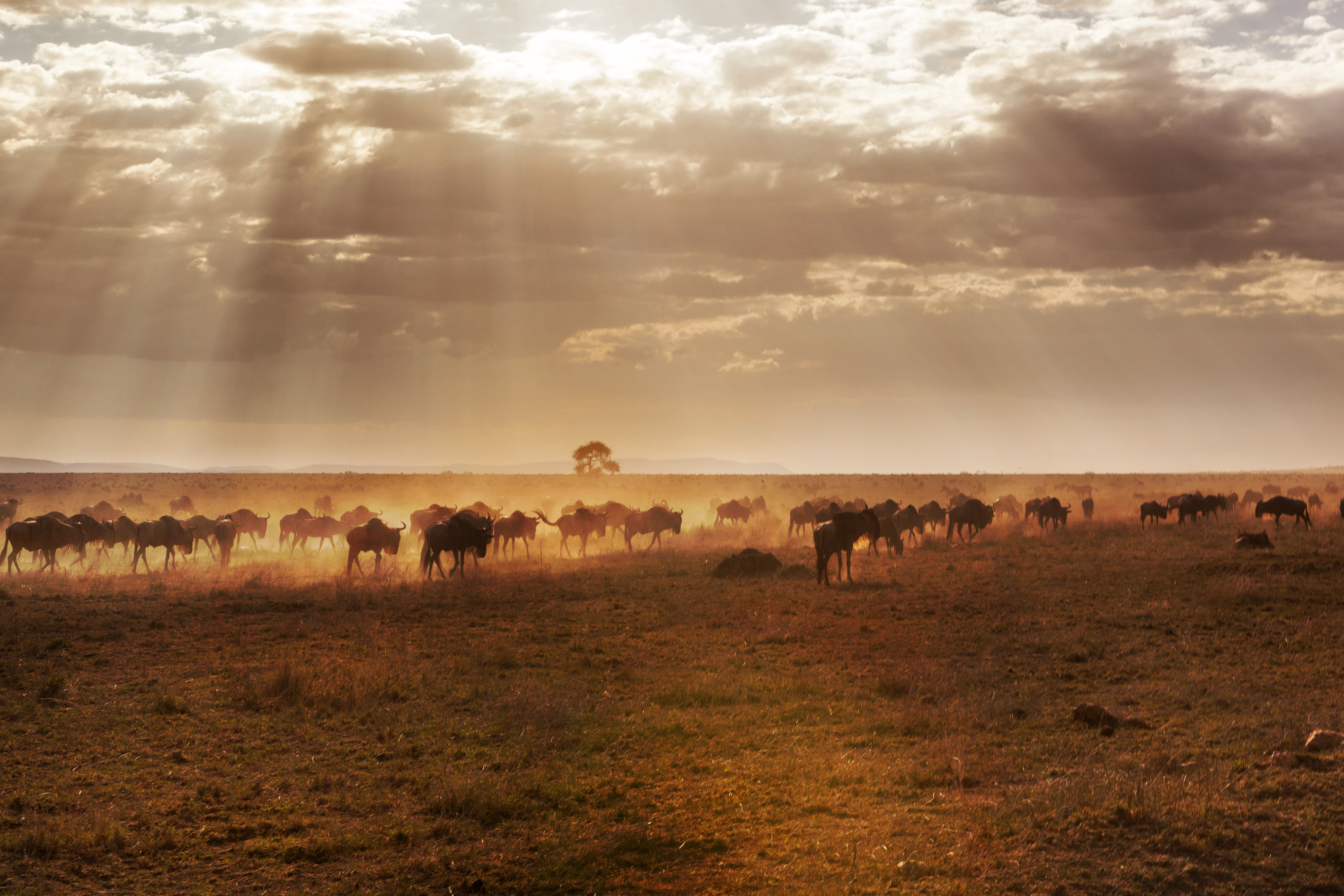Recreational hunting, far from being a mere sport, can foster deep environmental stewardship. This research challenges outdated preservationist models that separate humans from nature, advocating instead for a relational approach—where people actively engage with and care for ecosystems. When hunting and fishing are practiced responsibly, they cultivate respect, ecological knowledge and emotional investment. Hunters become embedded in the landscapes they frequent, developing firsthand awareness of wildlife behavior, habitat needs and conservation challenges. Through mentorship, community identity and ethical practices, hunters often act as dedicated stewards—funding conservation, restoring habitats and monitoring populations. The visceral experience of the hunt, from pursuit to processing, reinforces a sense of responsibility that drives long-term conservation actions. While not all killing leads to stewardship, this study shows that when rooted in local connection, reflection and care, hunting can be a powerful force for biodiversity and ecological health—proving that hunters are vital partners in protecting the wild.

